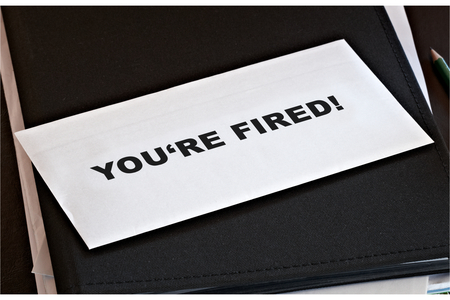Gender inequity in pay diminishes women’s prospects—and the law profession
On June 10, 1963, President John F. Kennedy signed the Equal Pay Act into law and declared an end to the “unconscionable practice of paying female employees less wages than male employees for the same job.”
That was 50 years ago. At that time, women earned 59 cents to every dollar earned by men. Today, a woman who works full time earns just 77 cents to a man’s dollar. Women have achieved a mere 18 cents in 50 years.
This wage gap continues to persist across all professions, for all races, at all educational levels and in all geographic areas.
This month, as we look back at the landmark legislation that Kennedy heralded as a “significant step forward,” we must shatter these myths:
• Women’s pay is actually equal to men’s. Not true. The wage gap costs the average full-time female worker from $700,000 to $2 million during her lifetime.
• Women choose the wrong fields to study or the wrong job paths. Not true. Studies show that even when all relevant career and family attributes are taken into account, there is still a significant gap in earnings between men and women.
• Equal pay for women will result in substantial costs for women and the economy. Not true. Equal pay will strengthen our economy, helping countless families achieve financial security.
Female lawyers are not immune to pay disparities. Many of us have watched as male colleagues have advanced their careers and earnings in ways that we have been denied because of nothing more than implicit bias. Female equity partners in the 200 largest firms, who do comparable work to men, earn 89 percent of the compensation of their male peers.
Together with the ABA Task Force on Gender Equity and the ABA Commission on Women in the Profession, I recently unveiled our tool kit for gender equity in partner compensation. It is designed to inspire conversations in local and state bar associations and to increase fairness and transparency in compensation decisions.
The Task Force on Gender Equity will provide law firms of all sizes and in all areas of the law with a “road map” to help achieve gender equity in partner compensation. In addition, the task force will release a booklet with advice for female lawyers on how to effectively negotiate compensation and a best-practices checklist for general counsel to ensure that the women they hire receive fair compensation.
The ABA continues to advocate for the passage of the Paycheck Fairness Act, which makes critical improvements to the Equal Pay Act while eliminating loopholes that have emerged over the ensuing decades.
And we have launched a campaign called Click Your Heels, a virtual march to support gender equity. We ask millions of women and men to send a message that unequal pay is a family issue and that lower wages affect families and retirement. Look for the “red heels” icon on the ABA Task Force on Gender Equity webpage and click to support pay equity.
As lawyers, we know that gender pay inequity strikes at the core of what we do—seek equality for all. We understand that when women earn less and are passed over for leadership positions, we all feel the effects.
Unequal compensation diminishes a woman’s prospects for success and ignores her skills and dedication. Pay inequities reduce a law firm’s performance and profits when talented, trained women leave to work at firms with equitable compensation policies. Gender inequity in pay strikes at essential law firm functions—recruiting, maintaining robust client relationships, and ensuring an accomplished and diverse cadre of leaders.
When President Kennedy spoke on that June day in 1963, his words were familiar. He talked about how the American economy and the American family depended on women, and how both suffer when women are denied equal pay. The same holds true today.
Pay equity is an issue that affects all of us. It is up to all of us to demand that the promise made 50 years ago is realized now.



